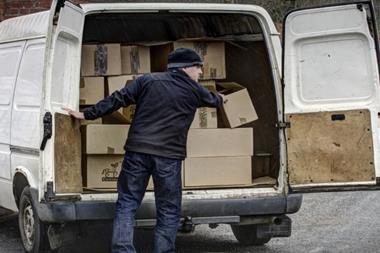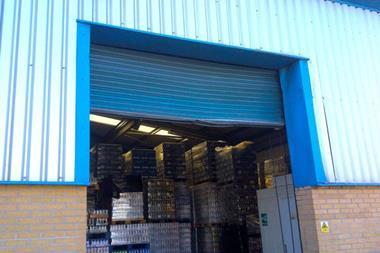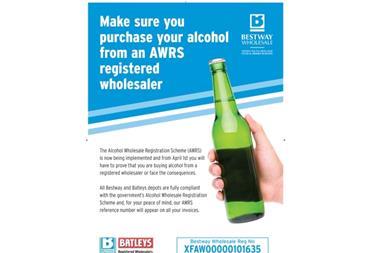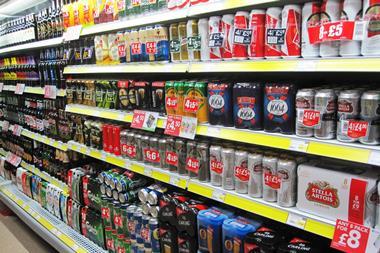With just a month to go until the Alcohol Wholesaler Registration Scheme (AWRS) kicks in, retailers have been urged to perform due diligence regarding alcohol stock when acquiring a new store.
Former chancellor George Osborne announced the scheme to tackle alcohol fraud in the 2013 Autumn Statement.
The AWRS will require retailers who buy alcohol to sell in their stores to ensure HMRC has approved their UK wholesaler from 1 April.
They will be able to use the HMRC online look-up system for “Unique Reference Numbers” (URNs) that will be available by the end of this month.
Any retailer buying alcohol from a non-registered wholesaler, risks a criminal record, their alcohol could be seized, and they could lose their alcohol licence.
C-store asked the Federation of Wholesale Distributors (FWD), the Association of Convenience Stores (ACS) and HMRC what would happen in a newly purchased business in which there was no paper trail denoting source of the alcohol purchased.
James Lowman, chief executive of the ACS, said the AWRS made it an offence for someone to buy alcohol wholesale from a non-registered source “where they knew or had reasonable grounds to suspect the seller was not approved”.
He said in a situation whereby someone bought an existing business and no paper trail existed to prove the alcohol had been bought from an approved wholesaler, it was unlikely there would be reasonable grounds to suspect that the previous owner had bought from a non-approved wholesaler.
“However, going forward from when the retailer purchases the business, they should check that the stock they have bought from the previous owner is legitimate, for example, by checking duty stamps or obvious spelling mistakes on the packaging.
“The retailer should also put processes in place to ensure that future alcohol purchases are made from approved wholesalers, by checking that their URN using the HMRC online look-up system,” he said.
James Bielby, chief executive of the FWD, said it was incumbent on the buyer of a business to perform due diligence. “If that paper trail didn’t exist, then the retailer should talk to HMRC first.”
It is thought HMRC would be unlikely to enforce against a new business owner unless its officials thought there was something dodgy about transactions, the stock was obviously counterfeit or they had advised the purchaser of problems before they bought the stock.
HMRC said anyone buying a business now should check they know where the stock has come from.
“Business owners must keep and retain records of their business transactions for their own accounting purposes as well as to enable them to complete their tax returns. This is an existing obligation, not something new under the AWRS.”
After the new rules came into place on April 1, the purchaser of the business would be in a stronger position. As now, they could ask the vendor to provide details of the stock they purchased, it said.
“If that stock was purchased after April 1, the purchase invoices should feature the AWRS number for the wholesaler from whom it was bought. The purchaser of the business will be able to check that that number is genuine via an online look up table, and that it matches the details of the wholesalers given.”




















No comments yet